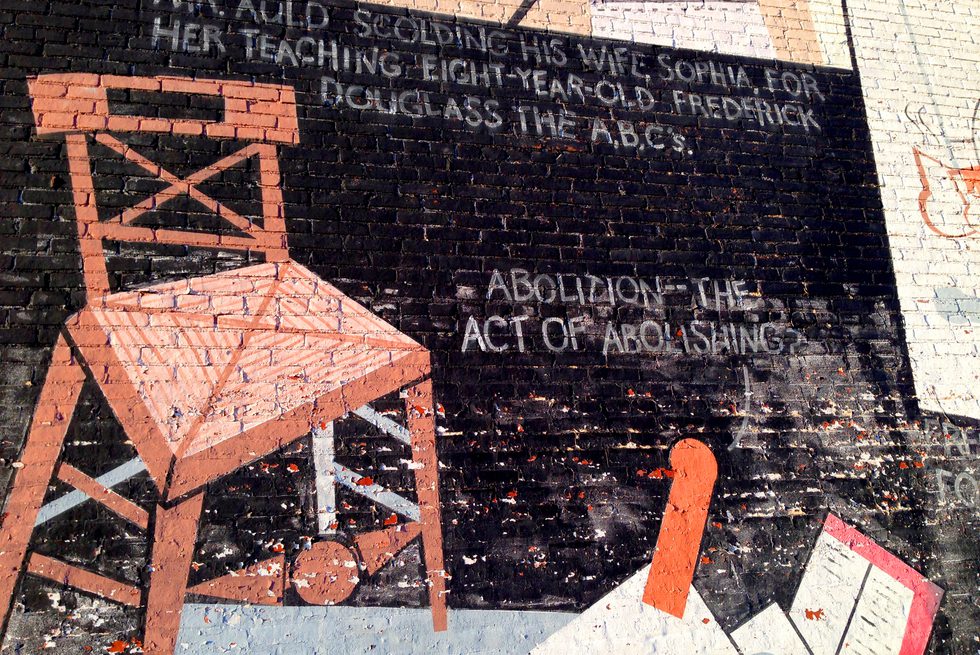
What might it mean to seriously prioritize anti-carceral liberation from within anthropology classrooms? This is the question that inspired our “Abolitionist Pedagogies” roundtable at the 2023 American Anthropological Association meeting in Toronto, and the question that drives our wider praxis as anthropologists and educators. Building from that conversation, this series intends not only to think theoretically about the (im)possibilities for anti-carcerality in university spaces, but also to share practical tools and strategies for doing literal abolitionist work—i.e., to engage in actions that contribute to the liberation of all people from prisons and their adjacent institutions—as anthropology instructors.
The term “abolitionist pedagogy” comes from Black feminist scholars, educators, and activists who highlight the role that classrooms often play in upholding systemic inequalities, but also as potential spaces to disrupt systems of racial injustice and carceral violence and to experiment with restorative and transformative justice models (cf. Love 2019). We recognize that abolition isn’t a metaphor, a thought exercise, or a “turn” in our discipline. We think with adjacent work toward anti-racist, anti-colonial, and equitable pedagogy. But we more specifically aim to join the collective abolitionist labor to excise systems of policing, surveillance, and imprisonment that disproportionately harm Black, Indigenous, Queer, and other marginalized communities. We question how we might be positioned as educators, and more specifically anthropology educators, within that larger movement. This effort sits on the boundary between education and activism. It takes place in university classrooms, prison classrooms, community spaces, and in administrative meetings. It incorporates creative strategies of syllabus building, grading policies, community partnerships, and beyond. This series aims to provide a platform for grappling with the possibilities and incommensurabilities of abolitionist work from within the institutions where we teach. But rather than a prescription for action, each contribution is an invitation. We offer a “teaching tool” with each piece, along with a prompt for further conversation on social media, to bring more voices and possibilities into this conversation.
References
Love, Bettina L. 2019. We Want To Do More Than Survive: Abolitionist Teaching and the Pursuit of Educational Freedom. Boston: Beacon Press.
Posts in This Series
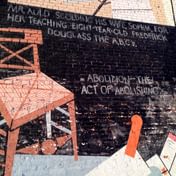
Abolitionist Pedagogies: Introduction to the Series
This week, just after International Prisoners’ Justice Day, we take this opportunity to introduce a series that will be coming out over the course of the 2024–2... More
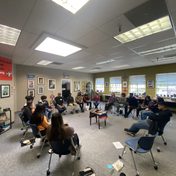
Circling Up—In the Classroom
Desiree Rosas is a Program Coordinator at MILPA; George Villa is a Program and Research Manager at MILPA; and Megan Raschig is an Associate Professor at Sacrame... More
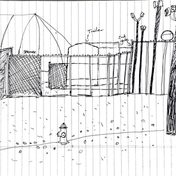
Detention, In Frame
For a piece on abolition, it might seem counterintuitive to start with a “frame.” A frame typically binds our view of something, rigidly limiting our attention ... More
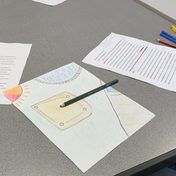
Arts-based Pedagogy: More than a Creative Approach to Teaching
Art is more than the act of singing a song, drawing a picture, or writing a poem. It is a tool that unlocks the potential within. Researchers Susan Magsamen and... More
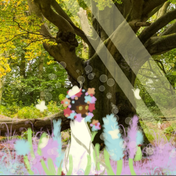
Collectivizing the Syllabus: Three Abolitionist Tools to Transform Your Pedagogy
The abolitionist work of scholars and activists offers unique tools to transform our pedagogy. In this piece, I’d like to offer practical ways to dehierarchiali... More
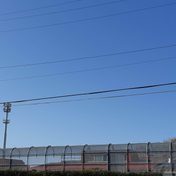
Abolitionist Pedagogy in Prison? Constraints, Possibilities, and Lessons Learned as a Volunteer Teacher in Carceral Institutions
My first foray into prison education was a total fluke. During preliminary fieldwork for my doctoral research in Saskatoon, Saskatchewan, I was introduced to a ... More

Care, Community, and Commitment in the Abolitionist Classroom
Prisons exist specifically to separate and isolate people from society and their communities. The impact of such separation is deepened by punitive stigmatizati... More